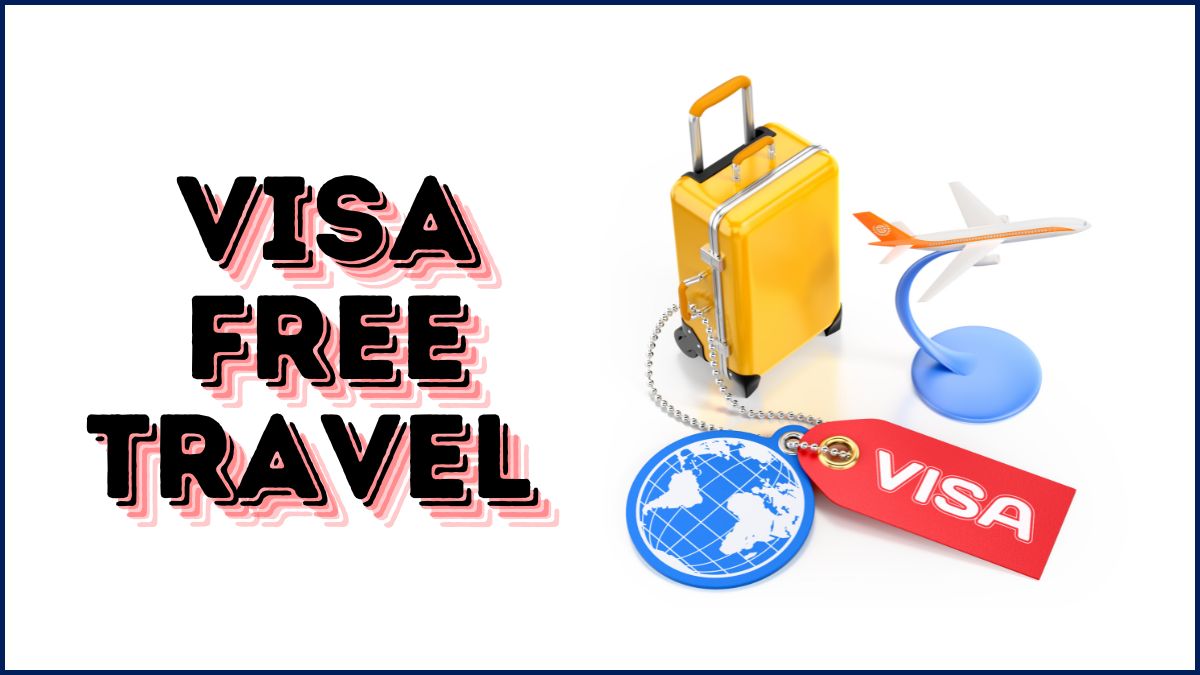Demystifying Visa-Free Travel: Understanding the Convenience and Costs
Visa-free travel, often lauded for its simplicity, allows individuals to enter a country without undergoing the visa application process beforehand. This streamlined approach simplifies travel arrangements, particularly for citizens of countries with robust passport privileges. For instance, holders of US passports often require visas for destinations like China or Russia, necessitating application submissions, passport submissions to consulates, and payment of associated fees.
However, for countries like Canada or France, travellers can simply arrive, clear customs, and have their passports stamped without prior visa arrangements. This ease of access arises from bilateral agreements between nations, granting citizens visa-free entry privileges.
Under regular conditions, individuals can cross borders freely with their passports. While customs clearance usually requires only a passport, some countries may request additional documentation, such as proof of onward travel, before granting entry. For example, Thailand, a popular backpacking destination, often seeks evidence of sufficient funds and onward travel plans from travellers. Despite these requirements, they are typically straightforward to fulfil and are loosely enforced.

Furthermore, certain countries may impose airport or departure taxes, even for visa-free travellers. Although these fees are generally nominal and payable upon departure, they contribute to the overall travel experience and expense.
Moreover, It enables spontaneous travel opportunities, allowing individuals to explore destinations without the logistical constraints associated with visa procurement. Conversely, visa-restricted travel entails embassy visits, application processing times, and uncertainties regarding approval timelines, potentially hindering impromptu travel plans.
Despite its benefits, visa-free travel is not without its limitations and considerations. Citizens of countries with extensive visa-free access may overlook alternative travel opportunities available to them. Additionally, visa-free privileges do not guarantee seamless entry experiences, as immigration officials may subject travellers to scrutiny or additional questioning.
Moreover, the significance of visa-free travel diminishes when considering the practicalities of destination preferences. While extensive visa-free access may seem advantageous numerically, its value lies in the accessibility of destinations aligned with personal travel interests.
In short, while it simplifies entry procedures and facilitates spontaneous travel, its significance is subjective and contingent on individual circumstances. Strategic planning and consideration of alternative travel options can mitigate the perceived limitations of visa-free privileges, ensuring a tailored travel experience aligned with personal preferences and objectives.






